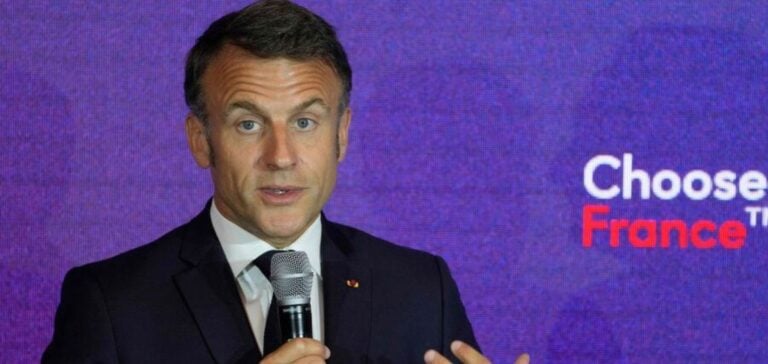The debate surrounding the possible relocation of TotalEnergies’ listing has been rekindled by statements made by Patrick Pouyanné, the Group’s CEO. In an interview with Bloomberg, Pouyanné revealed the possibility of moving the main listing to the New York Stock Exchange. He points to a significant increase in North American institutional shareholders.
Implications for the French market and Emmanuel Macron’s reaction
French President Emmanuel Macron was quick to react. Questioned by Bloomberg, he clearly expressed his disagreement, stressing that he would be “very surprised” by such a choice. This potential transfer raises questions about the attractiveness of the Paris stock market. At the beginning of May, French Finance Minister Bruno Le Maire had already said that he would fight to ensure that the move from the Paris Bourse “does not take place”.
European economic and political context
In a complementary statement, Macron also discussed the need to strengthen the European internal market in key sectors. In particular, he cites energy, finance and telecommunications. The French president also called for a single market approach that would be “far more efficient” for Europe. This declaration is part of a broader vision of the economic and financial consolidation needed within the European Union.
Challenges and prospects for European consolidation
Faced with the question of a possible acquisition of a French bank by a European entity, Macron reaffirmed that such maneuvers are part and parcel of the market. However, he stressed the importance of acting as Europeans. The aim is to encourage consolidation that will strengthen Europe’s position in a globalized economy.
Macron’s stance on the potential TotalEnergies relocation reveals the tensions between national economic interests and global market dynamics. This highlights the complexity of location decisions for major corporations. On the other hand, it shows the impact of these decisions on economic autonomy and national sovereignty.






















